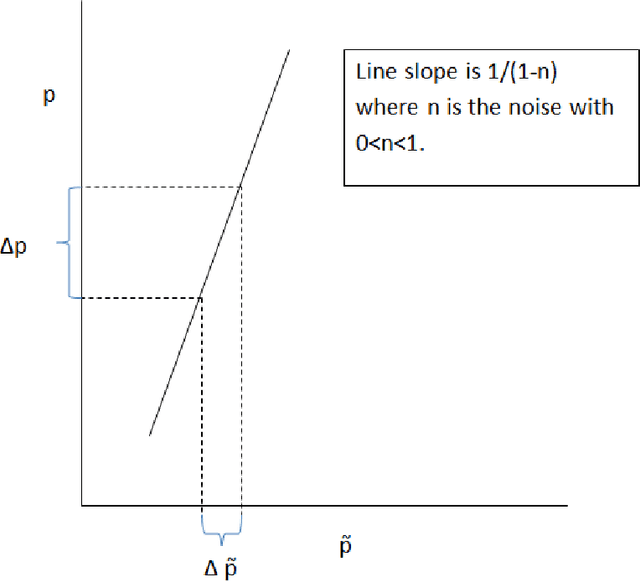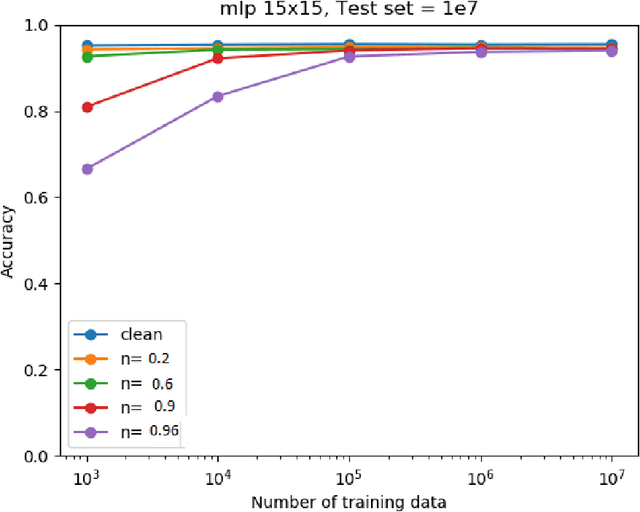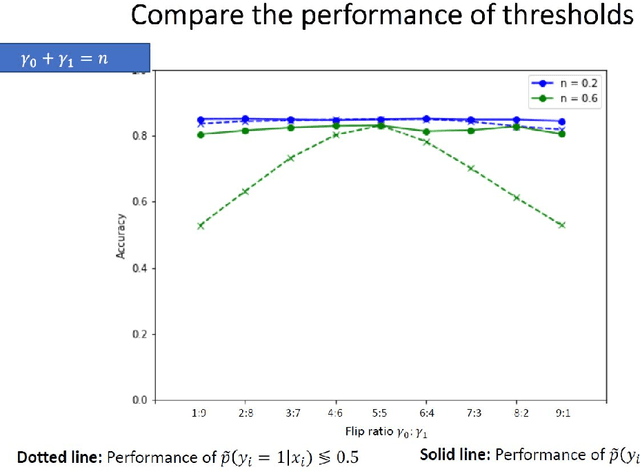Man-Ling Sung
Unsupervised Pattern Discovery from Thematic Speech Archives Based on Multilingual Bottleneck Features
Nov 03, 2020



Abstract:The present study tackles the problem of automatically discovering spoken keywords from untranscribed audio archives without requiring word-by-word speech transcription by automatic speech recognition (ASR) technology. The problem is of practical significance in many applications of speech analytics, including those concerning low-resource languages, and large amount of multilingual and multi-genre data. We propose a two-stage approach, which comprises unsupervised acoustic modeling and decoding, followed by pattern mining in acoustic unit sequences. The whole process starts by deriving and modeling a set of subword-level speech units with untranscribed data. With the unsupervisedly trained acoustic models, a given audio archive is represented by a pseudo transcription, from which spoken keywords can be discovered by string mining algorithms. For unsupervised acoustic modeling, a deep neural network trained by multilingual speech corpora is used to generate speech segmentation and compute bottleneck features for segment clustering. Experimental results show that the proposed system is able to effectively extract topic-related words and phrases from the lecture recordings on MIT OpenCourseWare.
Towards a New Understanding of the Training of Neural Networks with Mislabeled Training Data
Sep 18, 2019


Abstract:We investigate the problem of machine learning with mislabeled training data. We try to make the effects of mislabeled training better understood through analysis of the basic model and equations that characterize the problem. This includes results about the ability of the noisy model to make the same decisions as the clean model and the effects of noise on model performance. In addition to providing better insights we also are able to show that the Maximum Likelihood (ML) estimate of the parameters of the noisy model determine those of the clean model. This property is obtained through the use of the ML invariance property and leads to an approach to developing a classifier when training has been mislabeled: namely train the classifier on noisy data and adjust the decision threshold based on the noise levels and/or class priors. We show how our approach to mislabeled training works with multi-layered perceptrons (MLPs).
 Add to Chrome
Add to Chrome Add to Firefox
Add to Firefox Add to Edge
Add to Edge